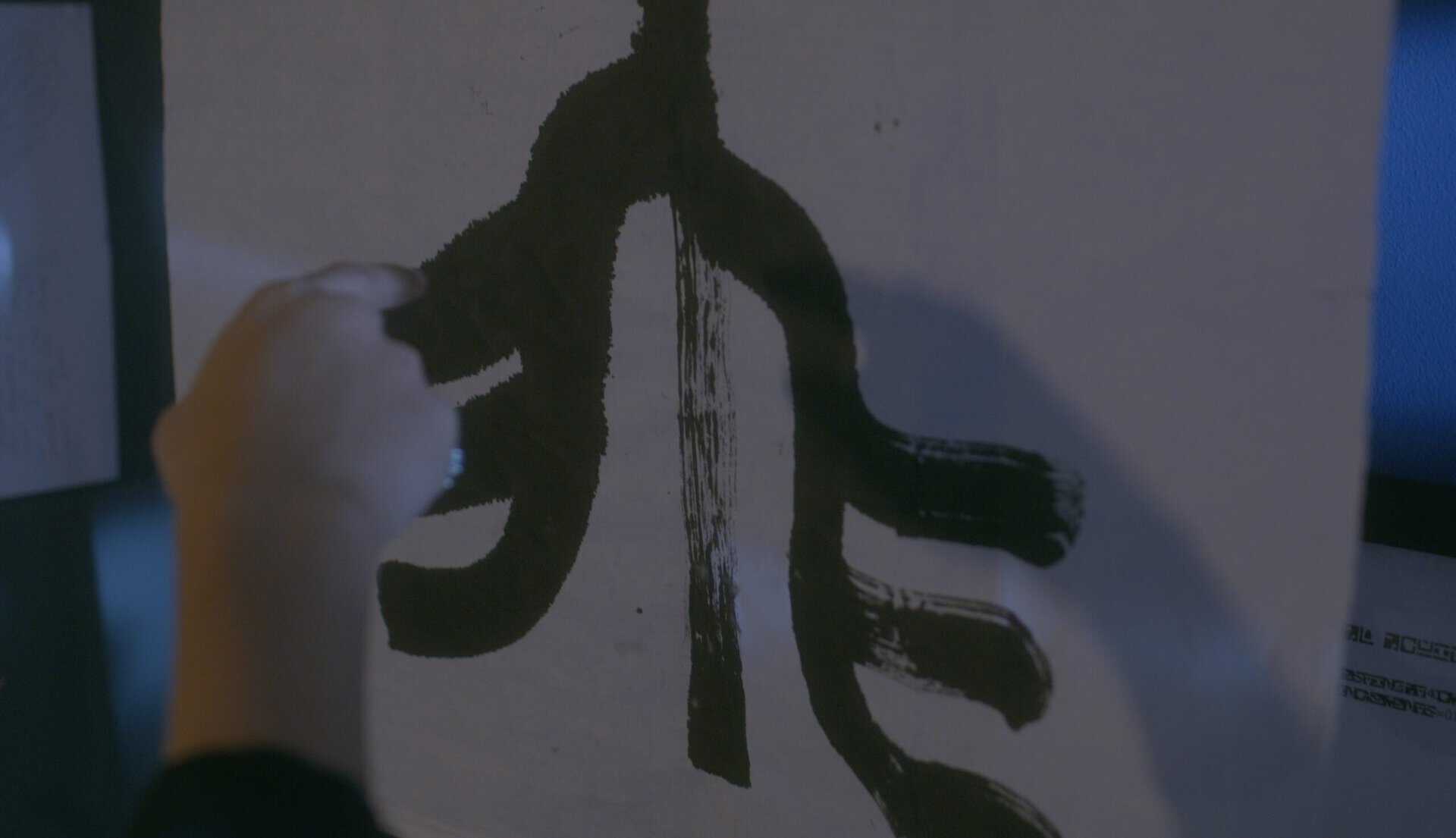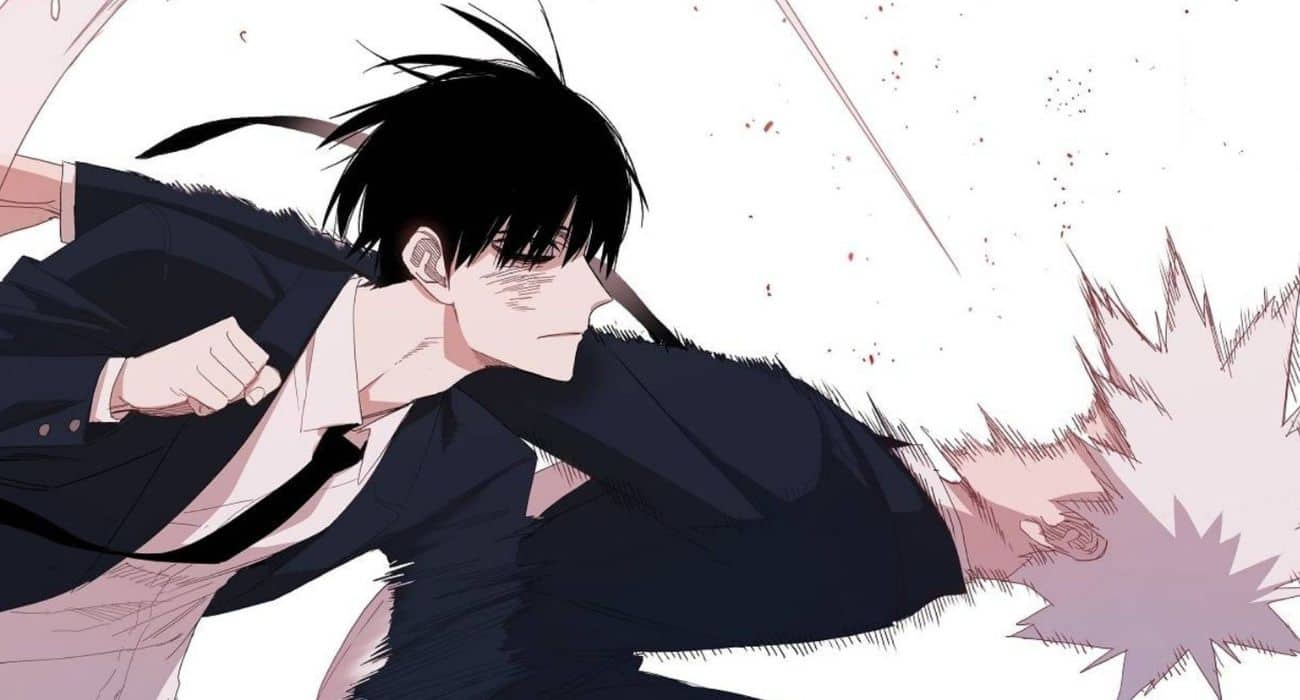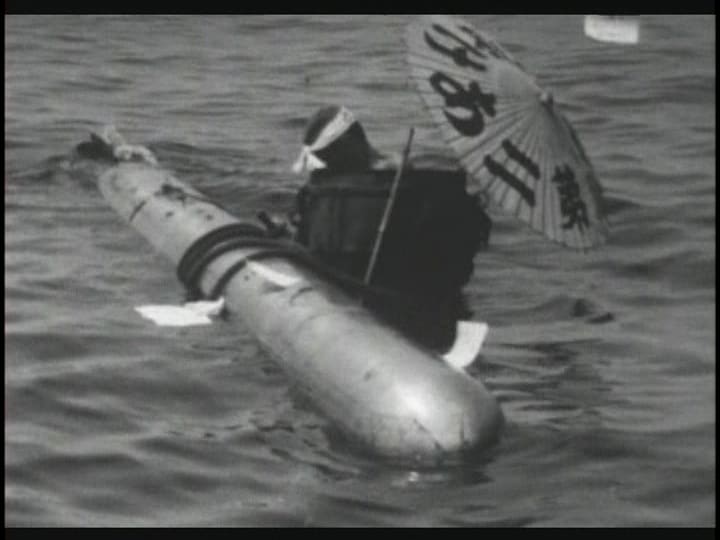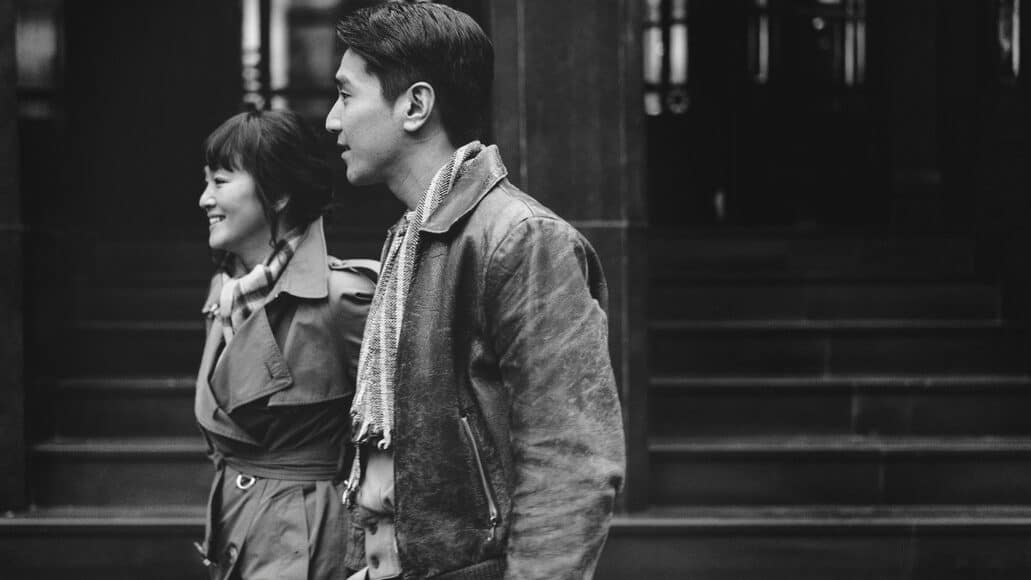China's decades-long One Child Policy gave birth to a generation of females lost in their identity, girls raised as the boys that their parents hoped for, who had to compete with their counterpart males at every step of the way. Director Teng Congcong's debut film “Send Me to the Clouds” takes a look at the story of one such woman in an effectively subtle yet humorous manner.
“Send me to the Clouds” is released in cinemas all over the US, by Cheng Cheng Films
A chance visit to the doctor reveals that carefree yet strong-willed journalist Sheng Nan (a name that literally means “surpass men”) has ovarian cancer. Thoughts of raising the vast sum of money required for the treatment fill her mind when she receives an offer to ghost-write the autobiography of Mr. Li, a prominent artist and calligrapher in his day, through her colleague Si Mao. She also chances upon the information provided by fellow sufferers of her illness, that women tend to lose their sexual drive after the operations.
Determined that she will have one memorable night of passion before she loses her sex drive, Sheng Nan embarks on the journey to the remote misty mountains where Li now resides to write his autobiography. Sheng Nan's adamant mother, fed up with her husband's years of adultery, decides to live a little for herself and accompanies her on the trip, much to Sheng Nan's annoyance, a trip that proves to be mediating and one of self-discovery for both.

Teng's witty script has a lot to say and it does so while finding humour in the most unlikely places, bordering almost on dark humour. Among other things, the film talks a lot about mortality, and the desire that it brings with itself. Sheng Nan is of course worried about her mortality with the impending operation, but she wants to make the most of her life until a time when she can no more. Her mother is worried about ageing to her eventual demise and, after years of living for her family, wants to doe things on her own terms for once. Mr Li, meanwhile, is looking at the end of the line for himself and has dual desires, to find a good ending for himself and, quite like Sheng Nan, to give in to his basest desires while he physically can. Si Mao, Sheng Nan's colleague, is fuelled by his desire to make money and be successful.
There's also an interesting satire on the emphasis on the value of money, people's desire for it and the need to flaunt it that's interesting, personified pointedly by the character of Sheng Nan's mother, who cannot stop talking about how she bought nothing but Nikes for Sheng Nan as a kid. Even Sheng Nan's father, who meets her but once feels the need to tell her how he's struggling financially and how she is failing as a daughter by not supporting her parents. A particular scene as Sheng Nan and her mother wait for a boat by the river and an old woman laments losing her husband's coffin in the waters is hilarious but a poignant reminder of the Chinese society's emphasis on money.

As a film that focuses on the female perspective and, for the Chinese audience, is rather bold in its ideas about female desires, it might be written off by some as being too feminist and has indeed caused controversy in China, but any feminist agenda that it might have is not too on-the-nose and is done in an entertaining manner. The female desire is a powerful thing, not something to be subdued and Teng makes no mistakes in bringing that point home. The journey the mother and daughter go on together proves to be an introspective, bonding one, bookmarked by two scenes where in the beginning Sheng Nan refuses to photograph her posing mother in the woods because she considers her an unnecessary burden on her business trip and later when she does not need any request to photograph her as she stands on the boat against a backdrop of the misty mountains.
Yao Chen, who's on the screen for 95% of the film's runtime, is the its beating heartbeat, hiding several pains behind that beautiful smile, which ultimately vanishes in the emotional outburst she has with her mother. It is not a role that many conservative actresses could have picked up, not least because of Chinese cinema's first on-screen female masturbation scene, but Yao Chen had so much faith in Teng Congcong and her script that she came on board not only as Sheng Nan but also as the film's producer. Wu Yufang, as Sheng Nan's mother, brings a lot of the humour to the film and the scenes she shares with Yang Xinming, who plays Li, as they both flirt furiously with each other proving very amusing.

If Yao Chen is on-screen for the majority of the time, the rest leaves you to marvel at Jong Lin's sublime cinematography. The misty mountains, Li's fog-covered mountaintop abode, the quiet, flowing river show off the beautiful remote Chinese countryside. The music by Wen Bo has a lovely meditative quality to it that complements the story and the visuals appropriately. Zhang Yifan's editing keeps the film at a steady, non-lingering pace while giving its lead star enough time to really get her teeth into the role. In fact, Teng Congcong has admitted in an interview that the involvement of the three big-name technicians was thanks to Yao Chan's involvement as a producer on the film and their work gives the debutante's film a mainstream, big-budget sheen to the final product.
“Send Me to the Clouds” is a very mature, entertaining and important film that has some astute ideas and commentary on women's place in modern Chinese society and certainly pulls no punches in getting them across. Registering its place in the history books as the first Mainland film to show female masturbation on-screen, it will likely be a topic of discussion for a good while, but the film should be essential viewing for the top-tier craft on display.















